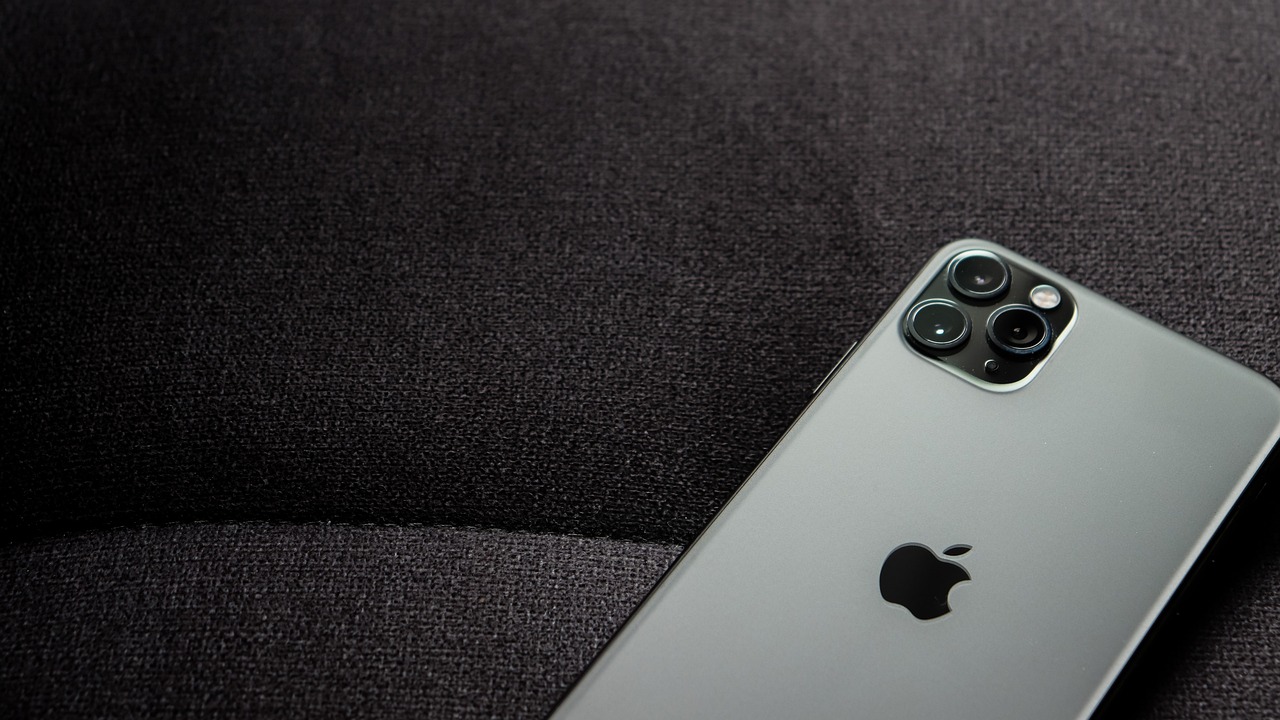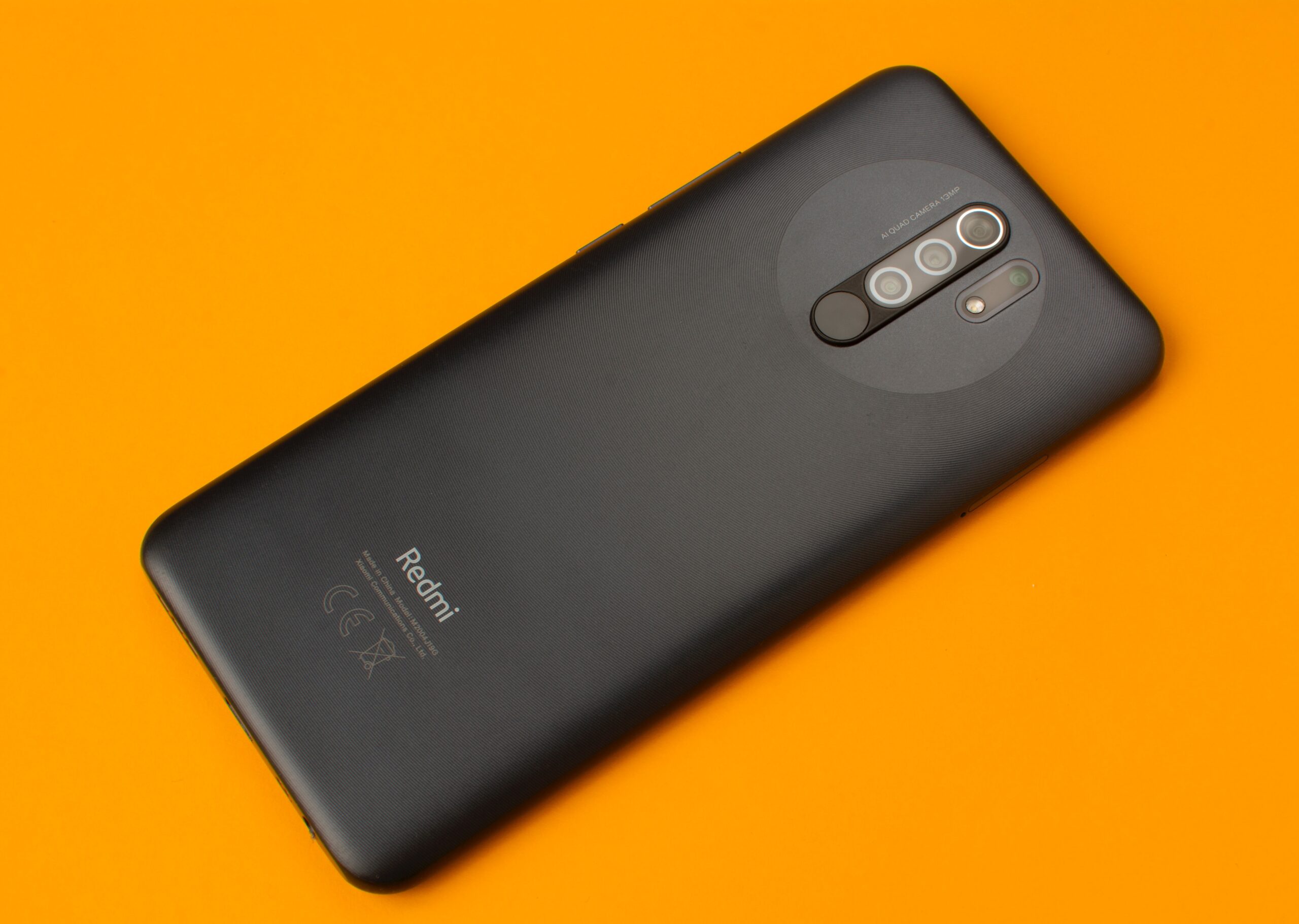Learn how to protect your devices from hacker attacks. The tips are very simple!
Cell phones and tablets are essential in our daily lives and are already part of our routine, whether for paying bills, posting on social media, working, sending messages and much more. Because they contain a lot of personal and private information, concerns about data security have been growing, as the number of threats, such as unauthorized access and information theft, has also increased.
However, there are some simple tips that can help you protect your device from these cyber threats, ensuring peace of mind when using your cell phone for different purposes. If this is a concern for you, check out these tips and protect yourself from hackers.

Keep your device up to date
Keeping your devices up to date is ideal for strengthening their security. The updates Fix serious security flaws and issues, reducing the chances of cyberattacks. So, to keep your devices safe from threats, keep your software up to date. Check your apps for pending updates as well, helping to protect your privacy and keeping criminals away from your data.
Use strong passwords
To make it even harder for hackers to crack, you can create complex passwords that use upper and lower case letters, numbers, and symbols. You can also enable two-step verification, which adds an extra layer of security.
You can also opt for biometric authentication such as fingerprint and facial recognition. This way, even if someone gains access to your device, they won't be able to unlock it without you.
Don't store your passwords in messages or notepads, as they can be easily accessed. This will prevent others from accessing your information if your device is lost or stolen.
Install antivirus
Since it contains important information, having an antivirus on your phone will also help protect this data. It will monitor suspicious activity and potential threats. This way, you will be able to carry out your normal activities on your phone without worrying about data attacks.
Some apps like Norton Mobile Security warn about the security of Wi-Fi networks where you connect and filter SMS texts that may contain attacks. This app is available for Android and iOS phones.
Adjust app permissions
It is important to keep an eye on the permissions granted to apps, because by accepting them, you are saying ok for them to access some personal data on your phone. By reviewing and limiting permissions, you can maintain control over what apps can and cannot do, reducing the risk of data leaks.
Beware of Phishing Messages
Phishing is a type of scam where criminals send messages pretending to be from a company, such as a bank or well-known institution, to obtain personal information from the user, such as credit card numbers or passwords.
Therefore, be suspicious of unsolicited messages that ask you to click on links. If you are not sure where the message comes from, contact the company directly and find out more details about the message you received.
Encrypt data
Encryption transforms information into a format that is unreadable to anyone who does not have the correct key. So even if someone gains physical access to your device, they will not be able to understand the data without the decryption key.
If your device is lost or stolen, the person who finds it will not have access to your messages, photos, documents and other information if they are encrypted.
To activate the feature, go to your device's settings and look for the option in the “Security” area. The device will ask you to set up a PIN, password or unlock pattern, which will be required every time you turn on the device.



